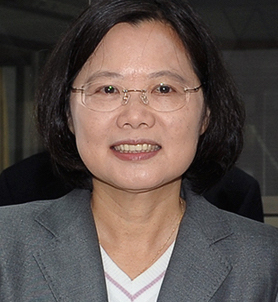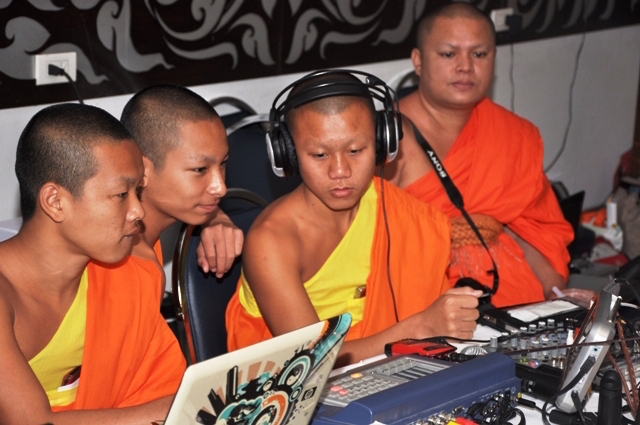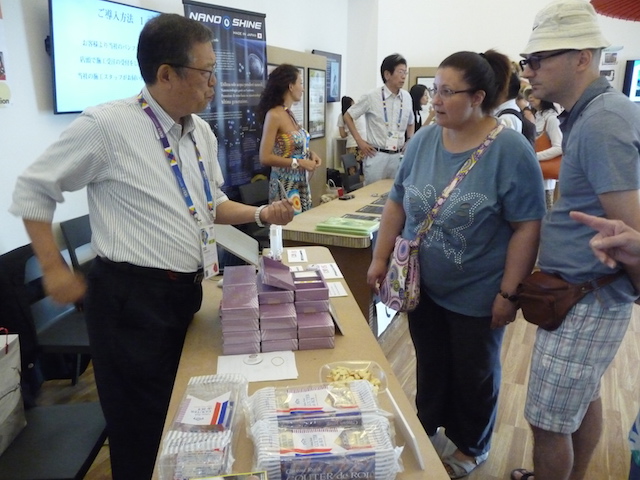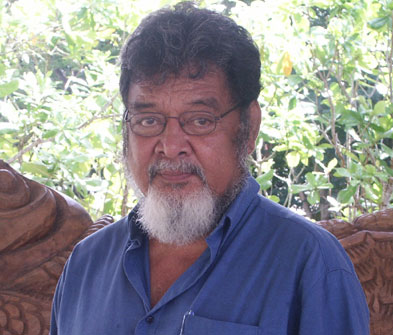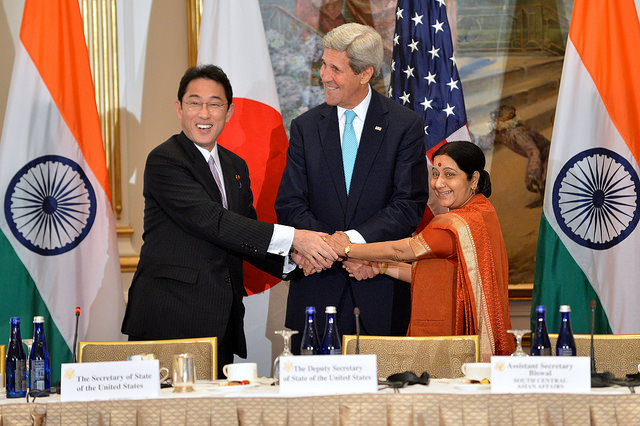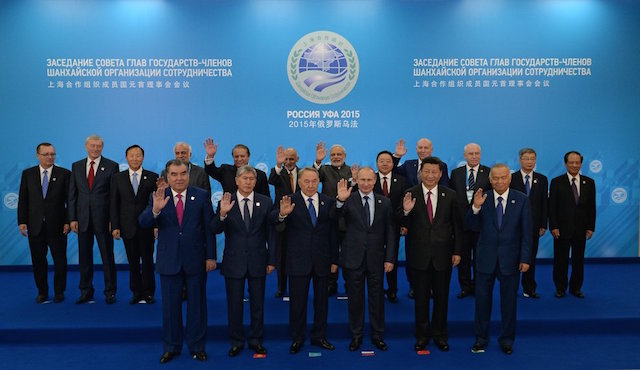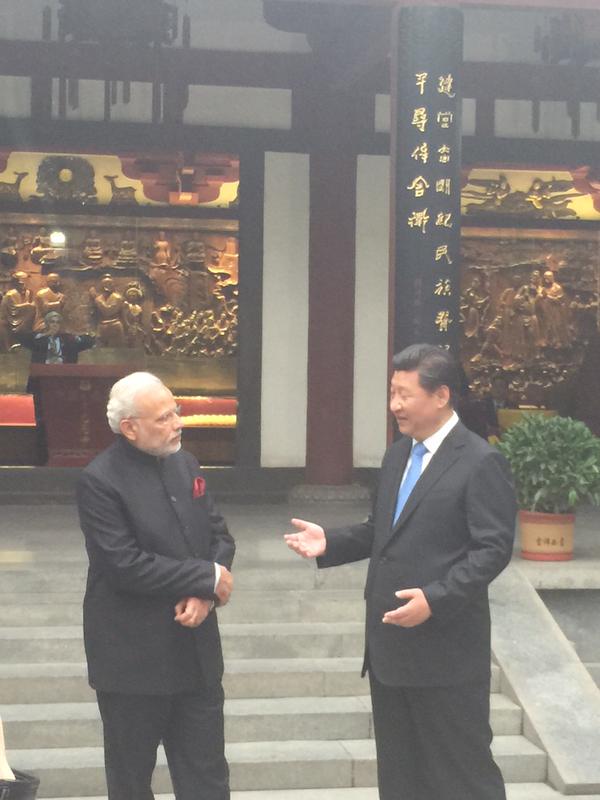By Shastri Ramachandaran* | IDN-InDepthNews Analysis
BEIJING (IDN) – Although India and China are politically, culturally and economically different, the two countries have much more in common than the border and Buddhism. India’s economy, for one, is very much on a China-like trajectory. That has been so since the economic reforms piloted by Manmohan Singh as Finance Minister after P V Narasimha Rao became India’s Prime Minister in 1991.


